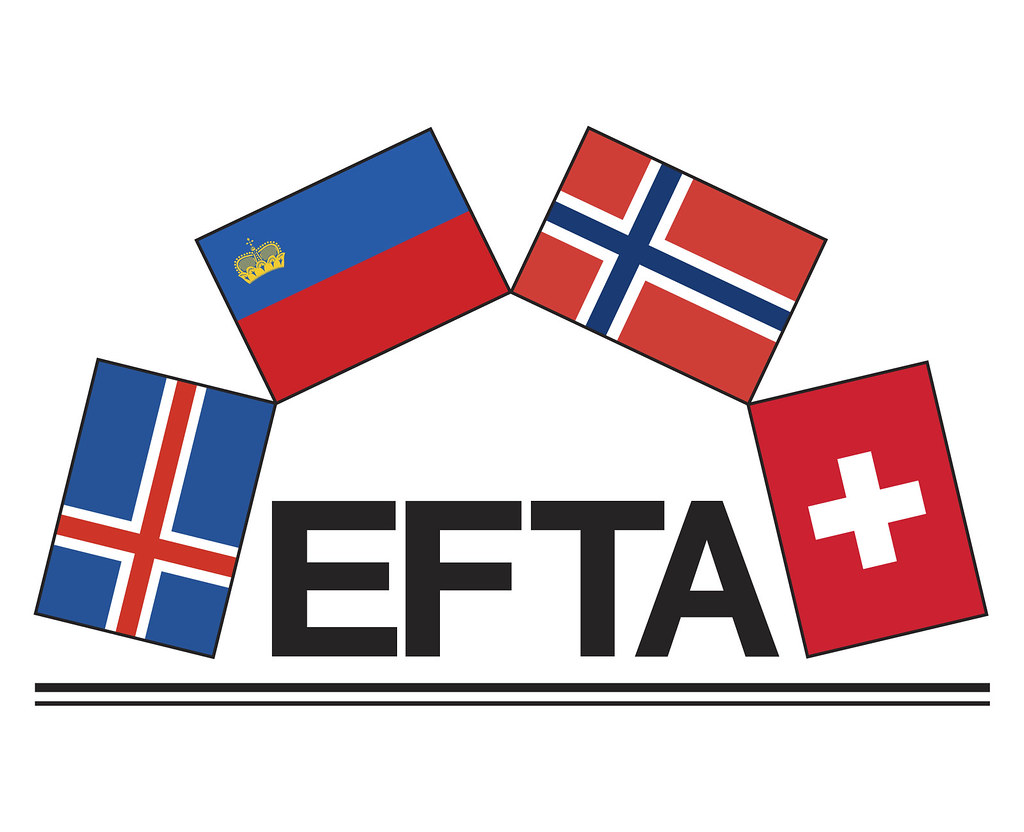Context:
India and the European Free Trade Association (EFTA) recently signed a Trade and Economic Partnership Agreement (TEPA).
Key Highlights of the Agreement:
• EFTA has committed to increase investments by $100 billion in India in the next 15 years, and to facilitate the generation of 1 million direct employment through such investments.
• Both sides offer tariff reductions on a wide range of products, opening up markets for each other.
- Sectors such as dairy, soya, coal and sensitive agricultural products are not covered under the deal.
• India offers access to its services sector, especially in IT, business, and education services.
• The agreement includes provisions for mutual recognition of professional services like nursing, chartered accountants, architects etc.
• It addresses concerns about intellectual property rights, ensuring a fair balance between protecting patents and promoting generic medicines.
What’s EFTA?
It is an inter-governmental organization set up in 1960 to promote free trade and economic integration for the benefit of its four Member States.
EFTA countries comprising Switzerland, Iceland, Norway & Liechtenstein.
What’s TEPA?
It’s a modern trade agreement between India and EFTA countries.
Why is it important?
- This is India’s first Free Trade Agreement (FTA) with four developed countries in Europe.
- For the first time in the history of FTAs, a binding commitment is being made about promoting target-oriented investment and creation of jobs.
Significance of the deal for India:
- TEPA aims to simplify trade procedures and enhance market access for Indian and EFTA businesses.
- It will give impetus to “Make in India” and Atmanirbhar Bharat by encouraging domestic manufacturing across various sectors.
- The agreement focuses on various aspects like market access, rules of origin, trade facilitation, investment promotion, services, and intellectual property rights.
- It opens doors for Indian companies to expand into EU markets through Switzerland.
- It also promotes Sustainable development, inclusive growth, social development and environmental protection.
- It promotes job creation and facilitates technology collaboration, particularly in sectors like infrastructure, healthcare, renewable energy, and innovation.
Overall, TEPA is expected to boost trade and investment between India and EFTA countries, offering opportunities for economic growth and development.
Also Read:
Uttar Poorva Transformative Industrialization Scheme, 2024 (UNNATI)

